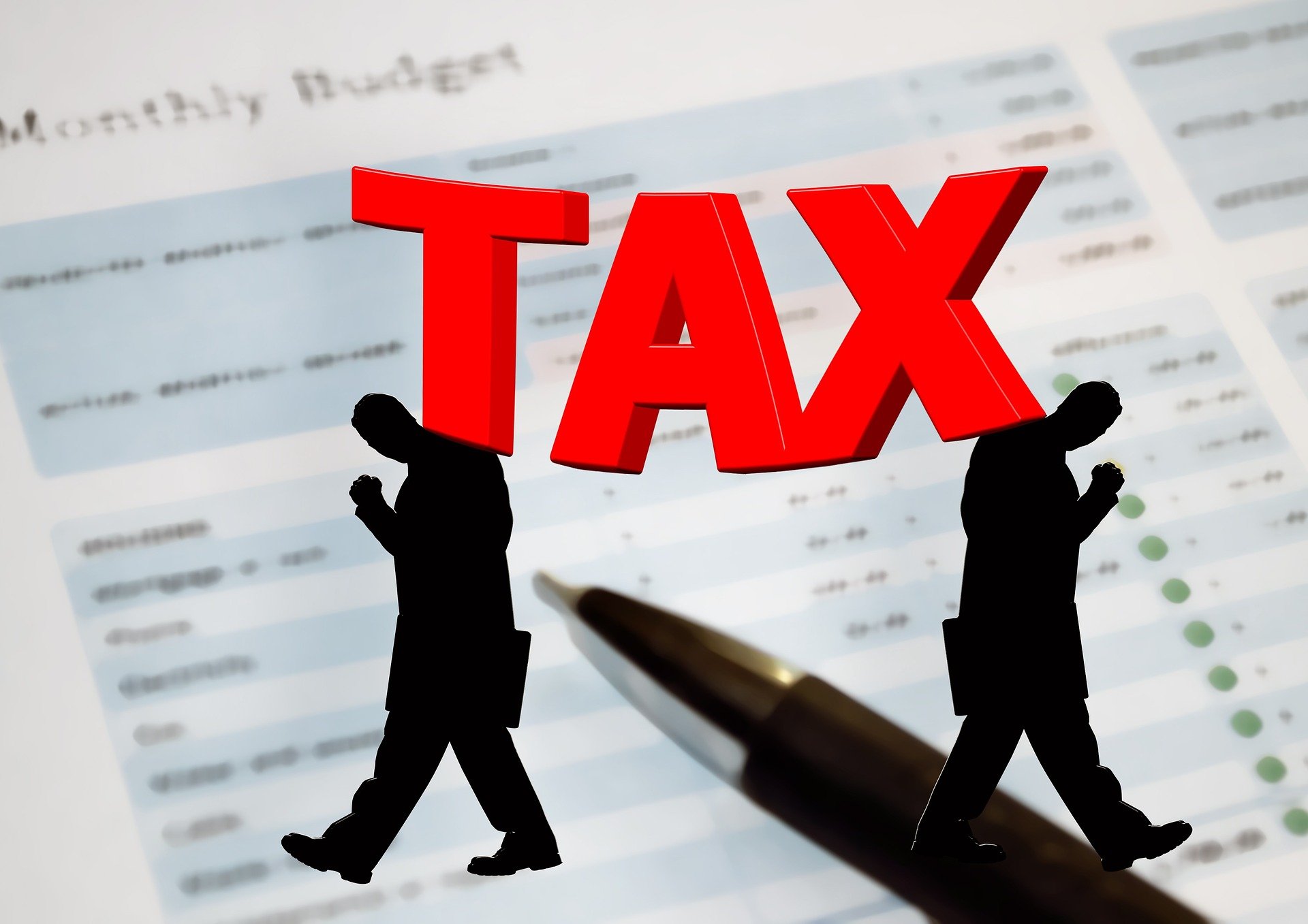
Isn’t it great if you could keep most of your hard-earned money? Tax planning can be beneficial. Make sure you submit your paperwork on time. The majority of taxpayers do not need to be concerned about being audited by the Internal Revenue Service. Many dentists, on the other hand, are both small company owners and high-wage workers, which means they’re more likely to get a letter from Taxman.
Dealing with personal finances is still a major source of stress, and it takes center stage around tax season. Here are a few pointers to help you cope with the stress of tax season:
This is another one that could be linked to your workplace perks. You can contribute to an HSA to save for out-of-pocket medical expenses not covered by your plan if a high deductible health plan (HDHP) is offered and you choose it for your medical coverage.
Homeowners can recover 30% of the cost of alternative energy equipment under the domestic energy efficient property credit (including installation). Solar hot water heaters, solar electric equipment, wind turbines, and fuel cell property are all examples of qualified equipment.
It’s a terrific method to “store up” for things you know you’ll need, like daycare, elder care, medical bills, or prescriptions. If your workplace offers an FSA, every dollar you contribute lowers your taxed income. The amount is deducted out of your payment before taxes. Then, as expenses arise, you submit them for reimbursement.
The amount of this tax credit is determined by the vehicle’s size and battery capacity and is limited to $7,500. (Some states may also provide credits.) Furthermore, the credit was supposed to expire once each manufacturer sold 200,000 qualifying electric vehicles in the United States, but this might change.
Keep an eye on the performance of your mutual funds and stocks throughout the year. Selling some shares at a loss before the end of the year to offset capital gains could help you save money on taxes. It’s known as “tax-loss harvesting.”
You can lower your taxable income by itemizing mortgage interest and a portion of your property taxes if you become a homeowner. Alternatively, you might take the standard deduction. Each person’s situation (and the benefits and drawbacks of that choice) is unique. A tax specialist can assist you in assessing the impact on your tax strategy.